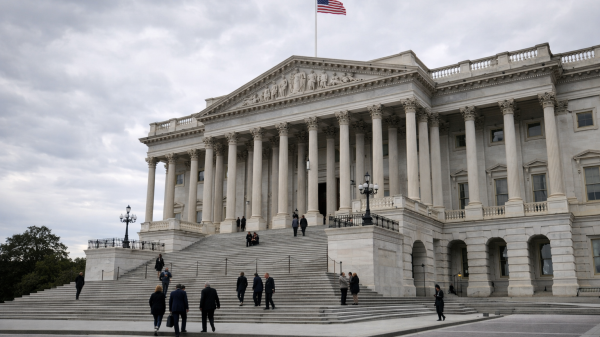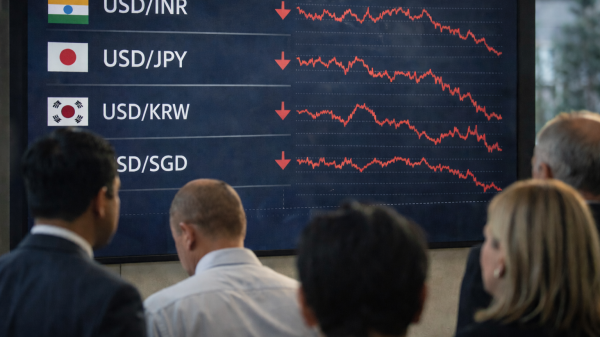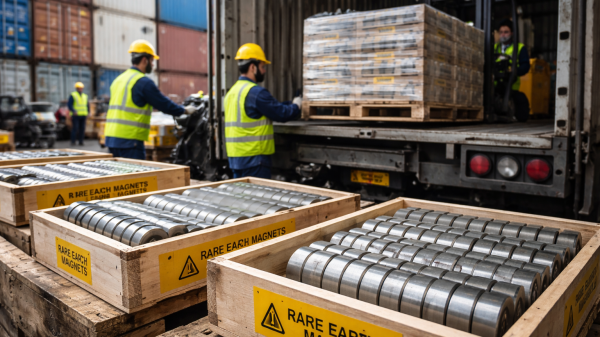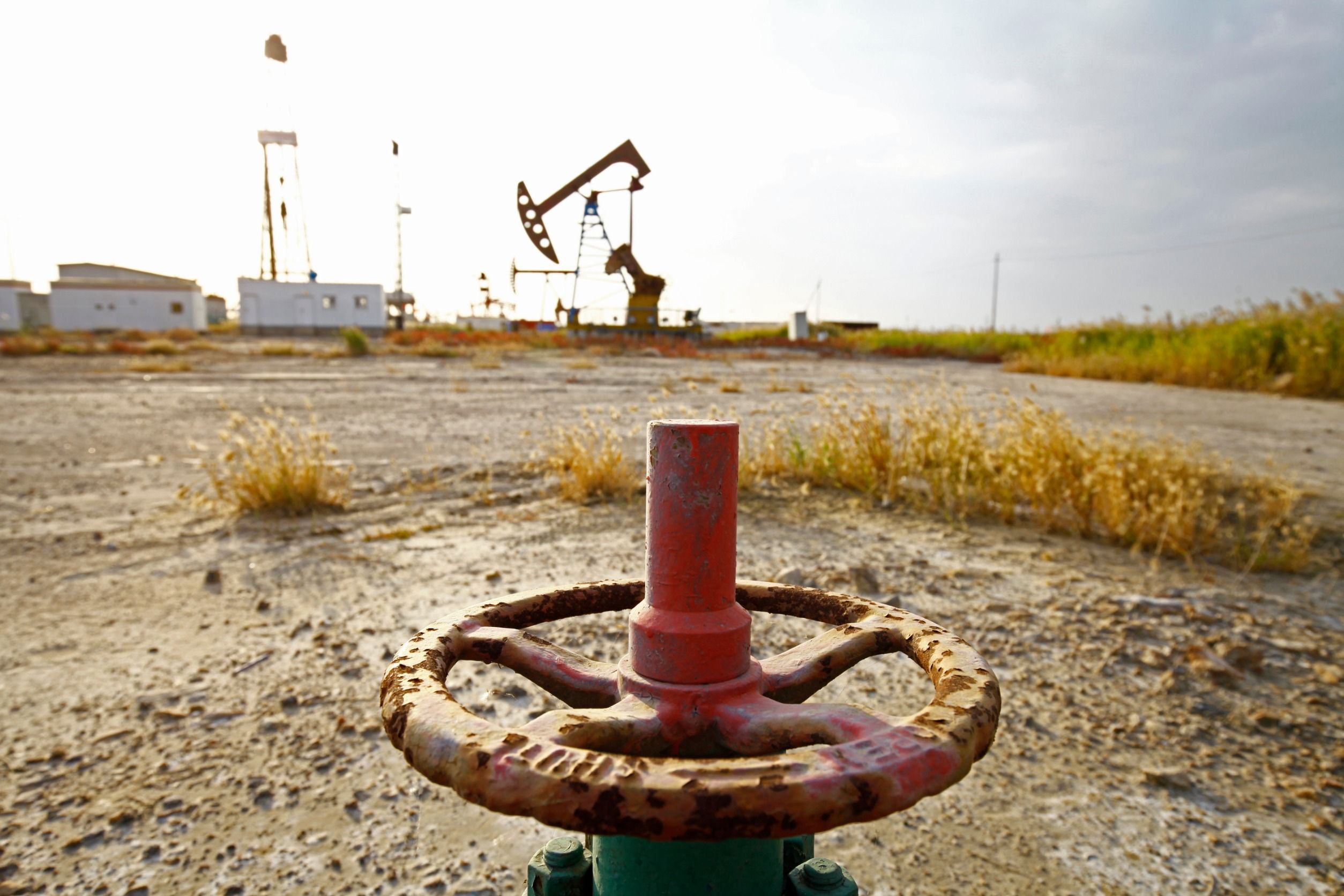Goldman Sachs analysts asserted that a potential ceasefire in Ukraine and the subsequent easing of sanctions on Russia would likely have a negligible impact on Russia’s oil flows.
The financial institution contended that even with reduced sanctions, Russia’s capacity to substantially increase its oil exports would remain limited due to a confluence of factors, including existing infrastructural constraints and potential lingering hesitancy among some international buyers to resume full-scale trade with Russia.
Russia output hinges on OPEC+ quota
Goldman Sachs was quoted in a report by Reuters:
We believe that Russia crude oil production is constrained by its OPEC+ 9.0 million barrels per day production target rather than current sanctions, which are affecting the destination but not the volume of oil exports.
US President Donald Trump announced on Tuesday that it had reached an agreement with Russia to engage in further discussions aimed at resolving the ongoing conflict in Ukraine.
This development signals a potential breakthrough in the diplomatic efforts to end the hostilities that have plagued the region for a significant period.
The announcement did not provide specific details about the agenda or timeline for the upcoming talks, but it underscored the commitment of both sides to explore diplomatic avenues for peace.
OPEC’s influence
OPEC+, an alliance that encompasses the Organization of the Petroleum Exporting Countries and its allies, including Russia, is a significant force in the global oil market.
This powerful coalition is responsible for producing approximately half of the world’s crude oil supply.
The decisions made by OPEC+ regarding production levels, quotas, and cuts can have a profound impact on oil prices, market stability, and the global economy.
OPEC itself consists of 13 member countries, primarily from the Middle East and Africa, that hold substantial oil reserves.
By collaborating with other major oil-producing nations like Russia, OPEC+ has expanded its influence and control over the global oil market.
The alliance’s ability to coordinate production levels and respond to market fluctuations allows it to exert significant influence on oil prices and supply.
OPEC may extend output cuts
Goldman Sachs predicts that OPEC+ will likely delay its planned gradual increase in oil production from April to July 2023.
This is due to increased compliance with OPEC+ targets by Russia and several other member producers, as well as continued uncertainty surrounding US policy.
In December, OPEC+ delayed its plan to increase output until April, extending its current round of production cuts through the first quarter of 2025.
This decision was made due to weak demand and increased supply from non-OPEC members.
Russia’s Deputy Prime Minister Alexander Novak had stated that OPEC+ producers were not planning any additional delays to the monthly oil supply increases, according to a report from Russia’s RIA state news agency on Monday.
As a major global oil supplier, Russia significantly influences oil markets and prices worldwide.
Brent could reach $79 per barrel later this month, driven by potential improvements in positioning and valuation, according to Goldman Sachs.
At the time of writing, the price of Brent crude oil on the Intercontinental Exchange was at $76.17 per barrel, up 0.4% from the previous close.
The post Why a Ukraine ceasefire won’t significantly impact Russia’s oil exports appeared first on Invezz




































